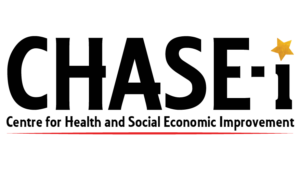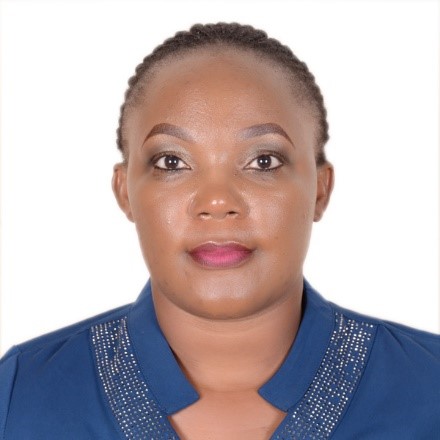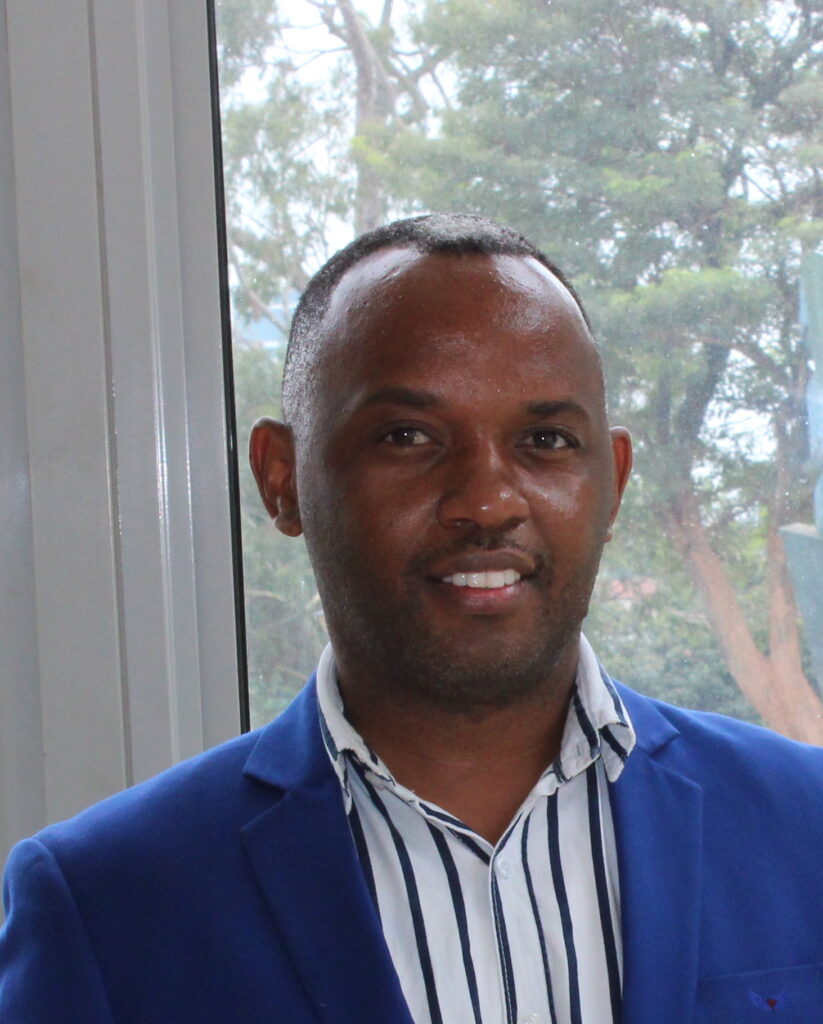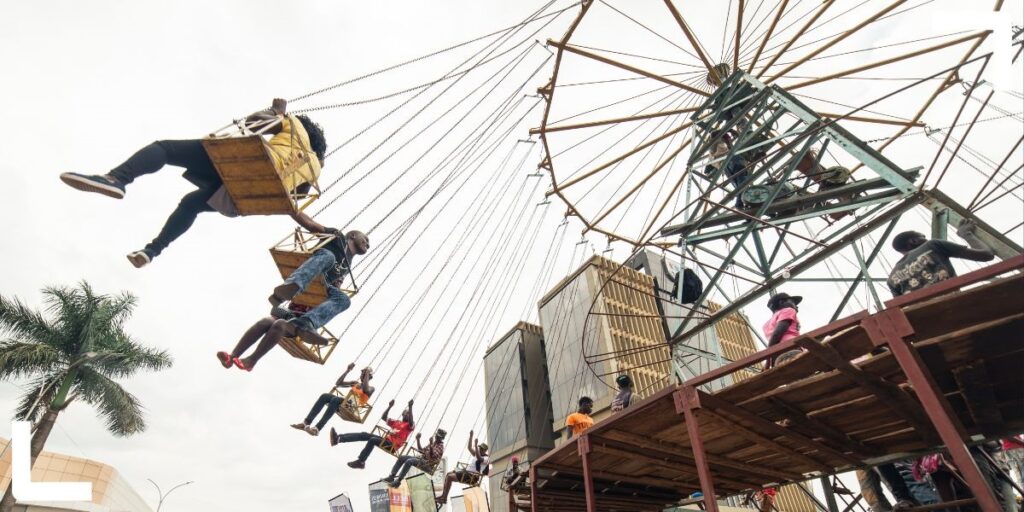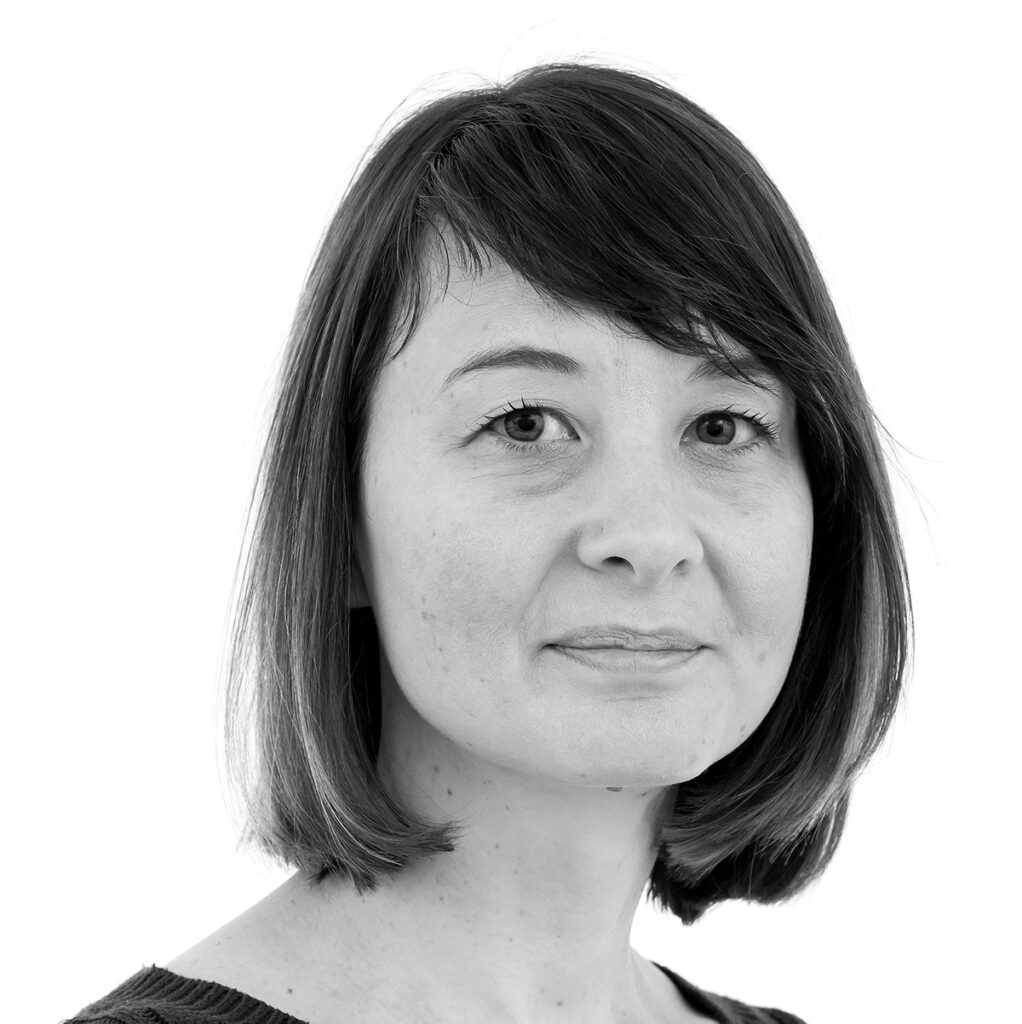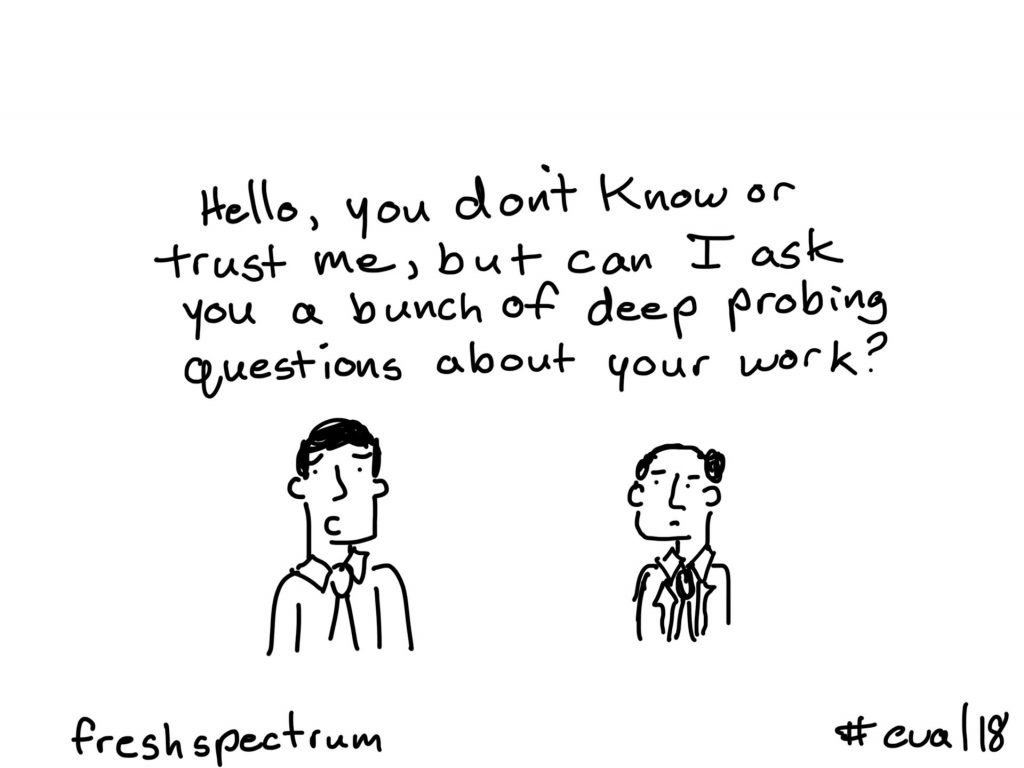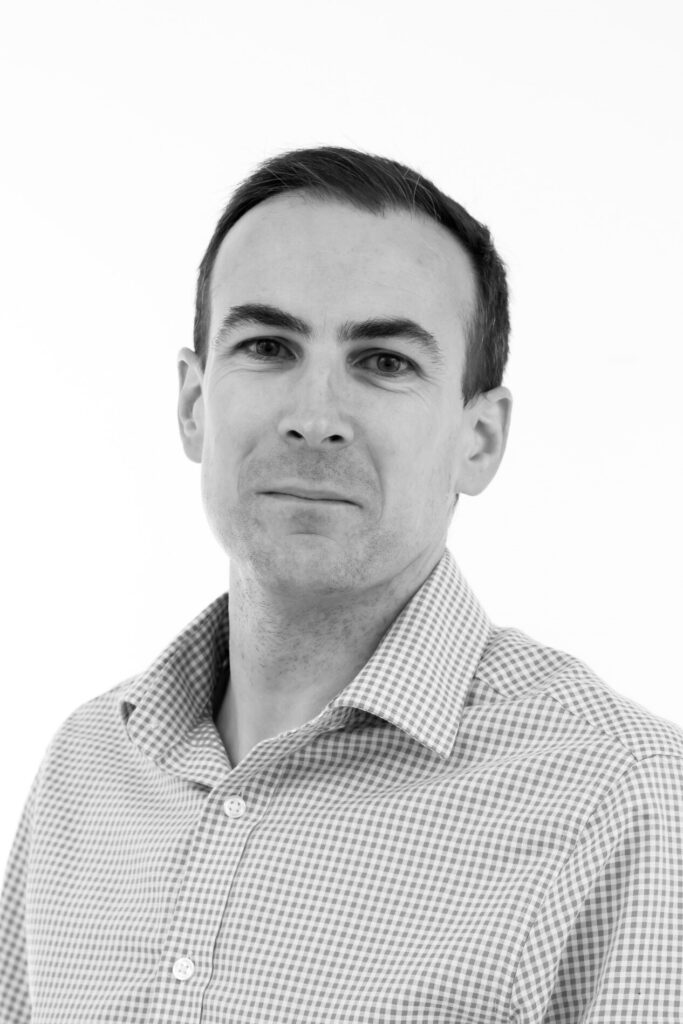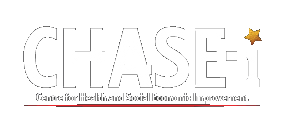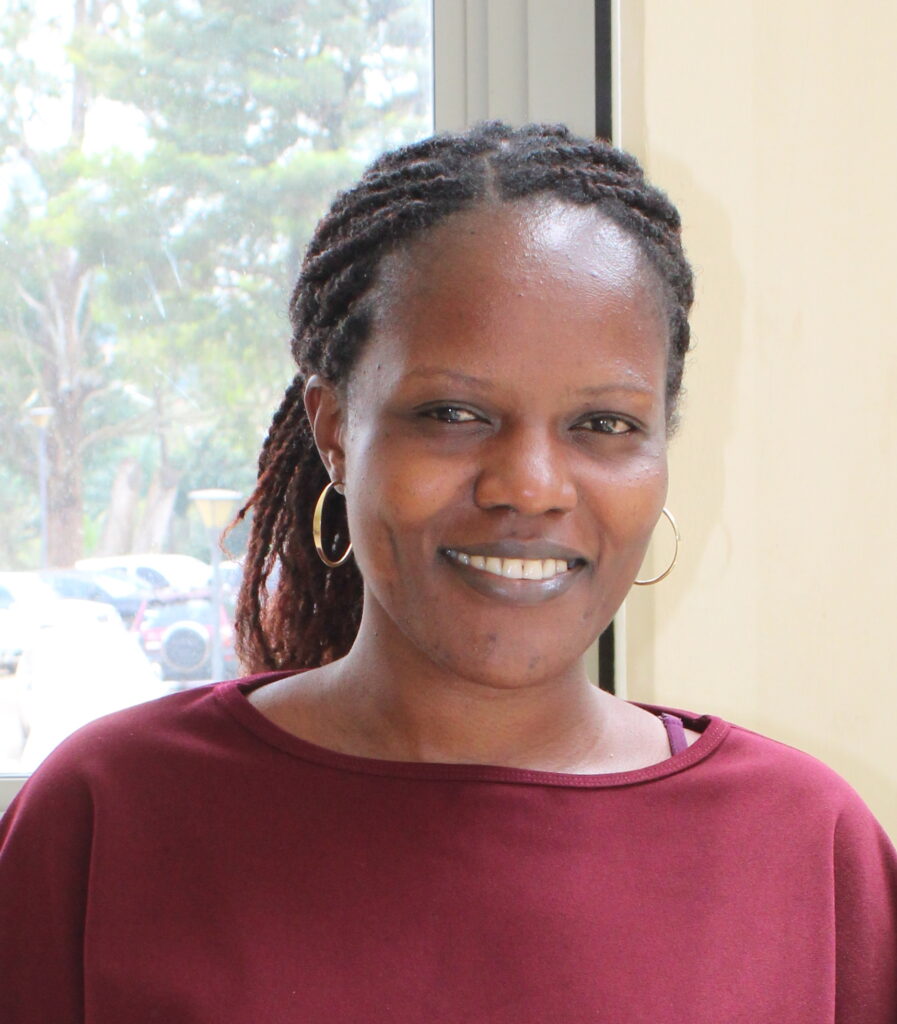From conflict to connection: How the two governments and communities of Uganda and South Sudan are fostering peace and development across borders
From conflict to connection: How the two governments and communities of Uganda and South Sudan are fostering peace and development across borders There’s an African proverb that says “If you want to go fast, go alone. If you want to go far, go together.” This wisdom rings true for the Cross-border Opportunities for Migration, Peace […]
